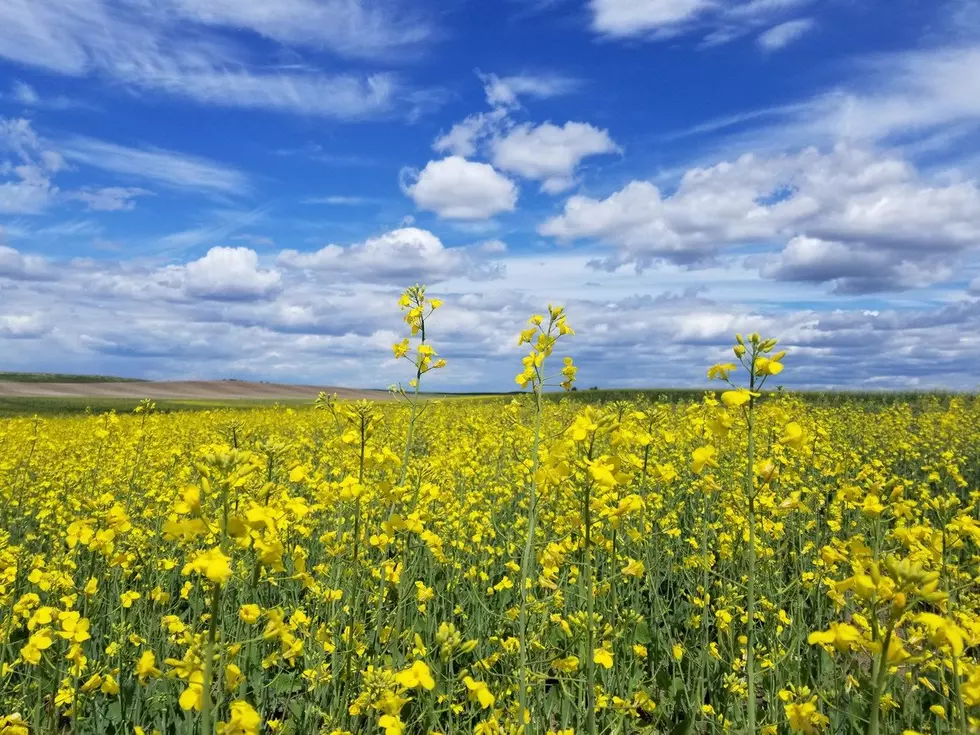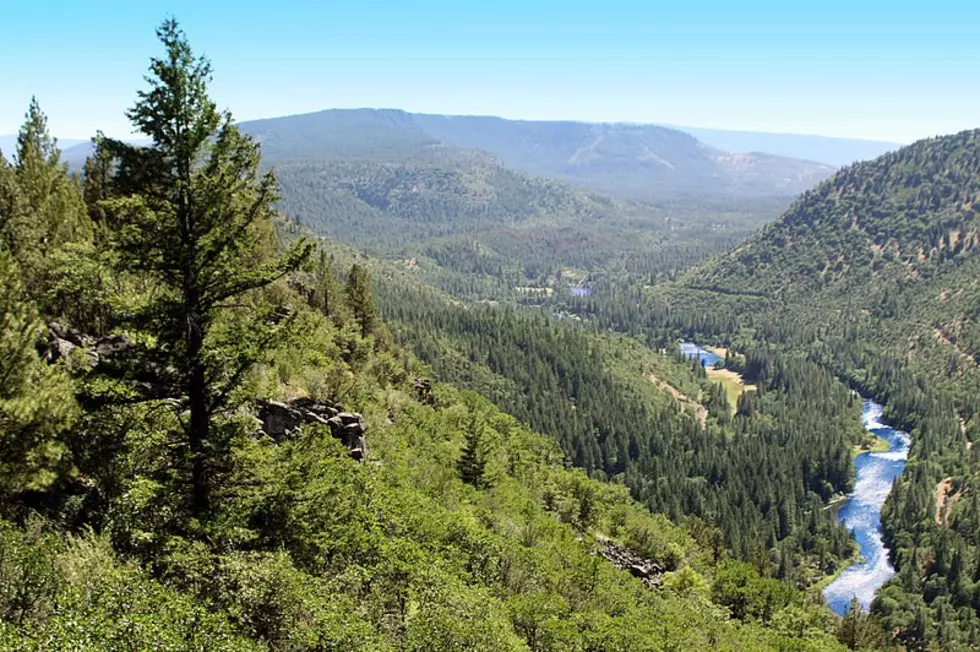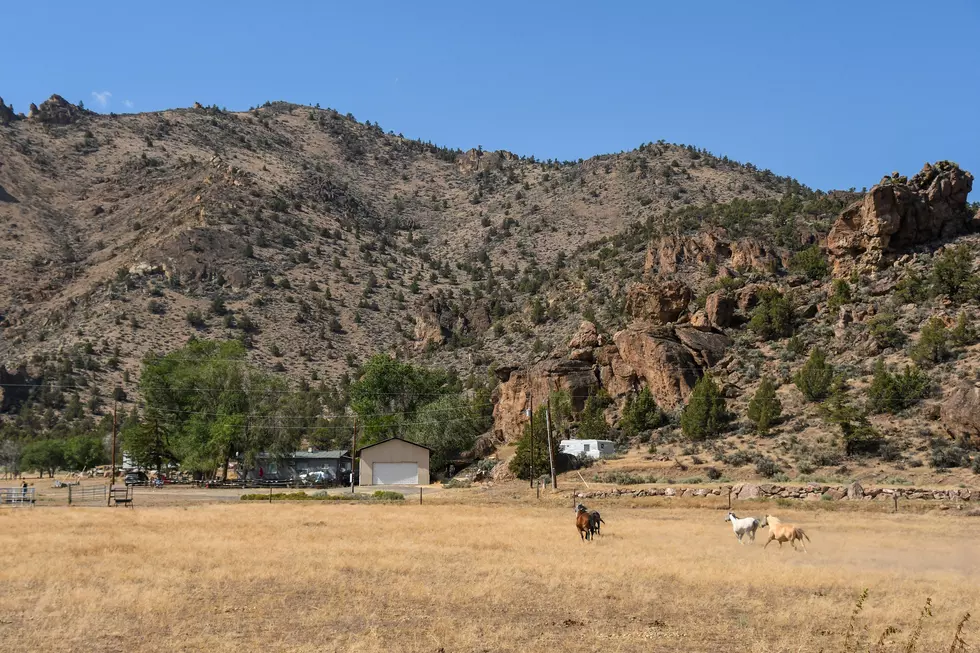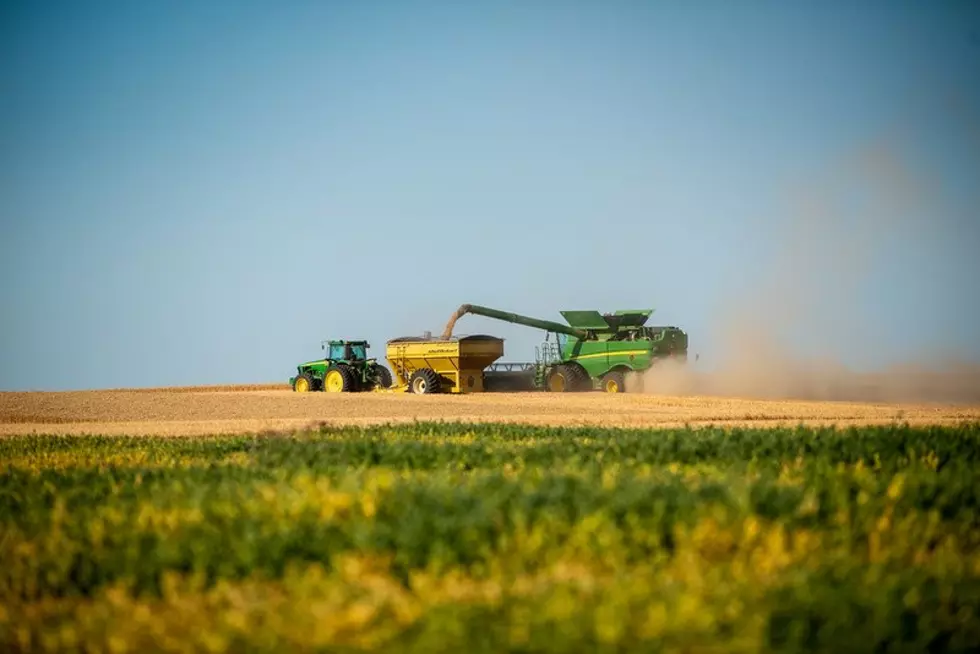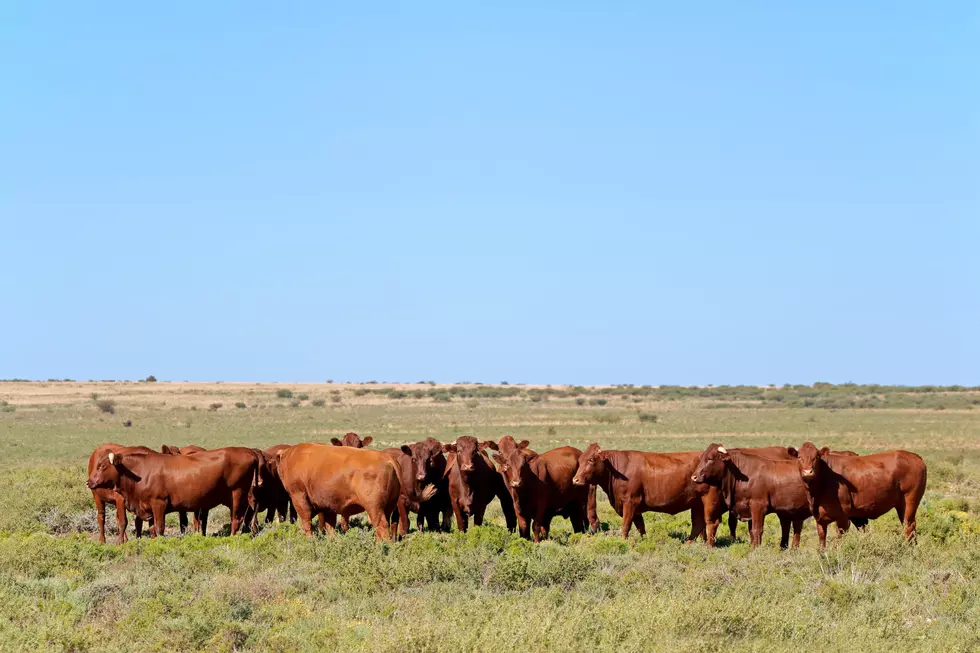
Woodall: Producers Are Currently On The Wrong Side Of The Markets
Ask Colin Woodall, and he’ll tell you cattle producers are caught in a balancing act with the packers, as each side works on leveraging supply and demand. The CEO of the National Cattlemen’s Beef Association said it boils down to cattle markets.
“That’s on the minds of everybody, especially as we continue to see the high demand, we continue to see the cutout values, where they’re at and what we continue to hear as far as the margins that the packers are receiving. And we know that on the producer side, we haven’t seen a whole lot of appreciation in price.”
Woodall said the age-old question of how to get more of that dollar in the producers’ pockets is top of mind.
“Which is why we’re spending so much time on our 75% project, knowing that the first quarter, we tripped one of our triggers. And looking at the next quarter, we’ve got to be prepared in case that happens again because that will drive some additional conversation at our convention in Nashville. But right now, it’s all about cattle markets.”
The NCBA CEO said they are closely watching the numbers, keeping in mind what cattle producers have said about triggering price transparency thresholds that can swing market leverage to one side or the other.
“And if you have the supply and somebody else is demanding what you have, then you have the leverage. But the other way around, all of a sudden that leverage changes and you find yourself on the short end of the stick. And that’s what we’re dealing with right now. There is a demand for beef. But there’s a lot of cattle out there right now and the packers know that there’s a lot of cattle out there. So, they have the leverage.”
Part of the problem, Woodall noted, lies with reduced packer capacity following the 2013-14 drought that reduced cow herds. Even though the supply is back up, closed packing plants have not returned and that is why the packers have leverage.
“We got down to some of the lowest numbers of a national herd that we had had in 50 plus years and there was not the supply to feed these packing plants. These were corporate entities, and they made the decision to pull the plug on a lot of those plants," Woodall pointed out. "And typically, when a plant goes dark it’s rare that the lights ever get turned back on, and that’s what we are seeing right now.”
If you have a story idea for the PNW Ag Network, call (509) 547-1618, or e-mail gvaagen@cherrycreekmedia.com
More From PNW Ag Network
